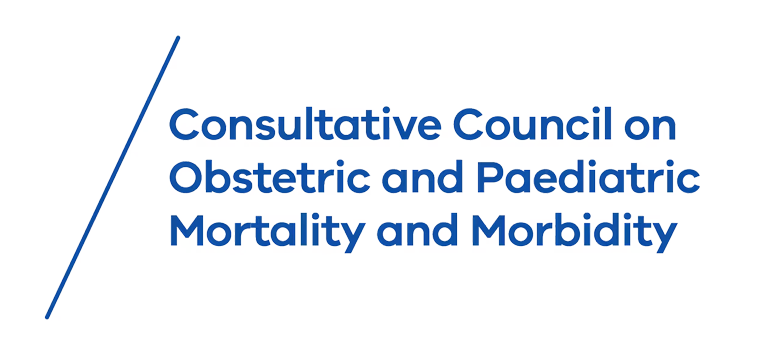Aim
The aim of this good practice point is to highlight the risk of hypotension and cardiac arrest when using induction agents prior to intubation in children with deteriorating shock.
Seek assistance
Experienced assistance is needed in such severe cases, as too much fluid administration may result in complications that themselves can be life threatening. Too little fluid may put the child at high-risk of cardiac deterioration on anaesthetic induction.
In centres without a Paediatric Intensive Care Unit (PICU), an experienced anaesthetist or adult intensivist could be involved to support the paediatrician or emergency physician. Advice should also be sought from Paediatric Infant Perinatal Emergency Retrieval (PIPER) who can support treatment and resuscitation choices and organise retrieval to a PICU.
Choice of agent
Induction anaesthetic drugs that cause myocardial depression such as propofol or thiopentone should not be used, nor should high doses of any sedative or cardio-depressant drug.
Fentanyl and rocuronium (muscle relaxant) are standard induction agents. Many other aspects of the safe induction of a child in shock should be considered.


